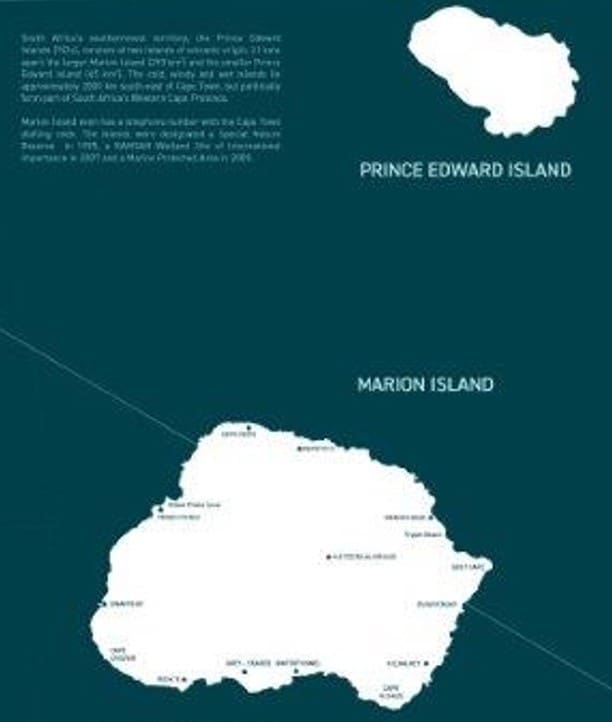 MINISTER CREECY LAUNCHES THE 3RD NATIONAL STATUS OF BIOLOGICAL INVASIONS AND THEIR MANAGEMENT IN SOUTH AFRICA
MINISTER CREECY LAUNCHES THE 3RD NATIONAL STATUS OF BIOLOGICAL INVASIONS AND THEIR MANAGEMENT IN SOUTH AFRICA
Full release available on Department of Forestry Fisheries nd the Environment website
 “We must continue investing in research and innovation, supporting studies that enhance our understanding of invasive species dynamics to improve management strategies. The 3rd National Status report on Biological Invasions serves as a clarion call for action reminding us of the urgency of the situation and the imperative to act decisively,”
“We must continue investing in research and innovation, supporting studies that enhance our understanding of invasive species dynamics to improve management strategies. The 3rd National Status report on Biological Invasions serves as a clarion call for action reminding us of the urgency of the situation and the imperative to act decisively,”
“Addressing the challenges posed by biological invasions requires a coordinated and collaborative effort. No single entity can tackle this issue alone. Government, academics, civil society organisations and communities must come together, pooling their knowledge, resources and expertise to develop effective prevention, early detection and control strategies,” said Minister Creecy.
 Thirdly, invasive species are devastating the unique and sensitive biodiversity of the Prince Edward Islands. For the first time, this report provides a separate assessment of the status of biological invasions and their management on the Prince Edward Islands. Although these islands are part of South Africa, their remote location and unique biodiversity warrant a separate assessment. Findings highlight the devastating impact of the house mouse, which is alien to the Marion Island. The mice feed on plants, and small animals including endangered seabirds. A bold plan to eradicate mice from the island has been developed and is due to be implemented in 2027. The eradication of mice from Marion Island is essential if its unique biodiversity is to be preserved.
Thirdly, invasive species are devastating the unique and sensitive biodiversity of the Prince Edward Islands. For the first time, this report provides a separate assessment of the status of biological invasions and their management on the Prince Edward Islands. Although these islands are part of South Africa, their remote location and unique biodiversity warrant a separate assessment. Findings highlight the devastating impact of the house mouse, which is alien to the Marion Island. The mice feed on plants, and small animals including endangered seabirds. A bold plan to eradicate mice from the island has been developed and is due to be implemented in 2027. The eradication of mice from Marion Island is essential if its unique biodiversity is to be preserved.

 MINISTER CREECY LAUNCHES THE 3RD NATIONAL STATUS OF BIOLOGICAL INVASIONS AND THEIR MANAGEMENT IN SOUTH AFRICA
MINISTER CREECY LAUNCHES THE 3RD NATIONAL STATUS OF BIOLOGICAL INVASIONS AND THEIR MANAGEMENT IN SOUTH AFRICA



